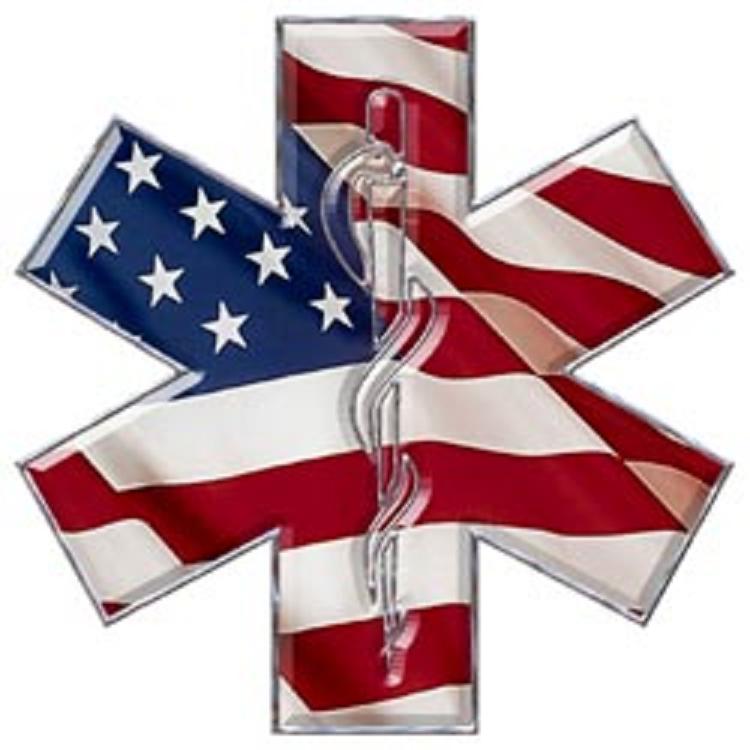
Free and open access to health care improves responses to antiretroviral therapy and increases disease-free survival among people living with HIV, according to
a study published online May 27 by
AIDS Research and Therapy. And here’s the clincher: The results don’t come from an analysis conducted by clinicians in the
oh-so-un-American socialized medicine systems of Europe, but rather from the
ever-so-American military health system of the U.S. of A.
Lead study author Vincent Marconi, MD, of Emory University, along with a team of academic and military researchers, evaluated HIV treatment responses among more than 2,000 individuals participating in the U.S. Military HIV Natural History Study. Among those who started antiretroviral therapy after 2000, 81 percent had virologic suppression (VS), defined as viral loads below 400 copies, after a year of treatment. Even more astonishing, VS was documented in 85 percent after five years and 82 percent after eight years of treatment.
What’s so captivating about these results is that they are similar to those seen in randomized trials of antiretroviral therapies--typically best-case scenarios that are rarely duplicated in real-world settings. For example, an analysis of 20 randomized clinical trials involving top-notch antiretroviral drug regimens found that the rate of VS was approximately 76 percent after one years of treatment. In observational/cohort studies in the U.S., which often involve people receiving standard care in clinic settings, this rate drops to as low as 50 percent after just 3 to 8 months of treatment, with viral load rebounds occurring in 20 to 50 percent of people after three years.
“Outside the U.S.,” Marconi and his fellow authors point out, “several cohorts with universal access to healthcare have demonstrated a remarkable response to [antiretroviral therapy] when compared to cohorts with similar demographics in the U.S.”
So what’s wrong with the systems in place for people living with HIV in the United States? “Although there are drug assistance program is the U.S. for eligible individuals with HIV/AIDS,” the authors write, “the delay before medical care becomes available can postpone [antiretroviral therapy] initiation, and even the minimal associated costs can be significant barrier for some patients.” Additionally, “copayments and fees can reduce adherence and have been shown to increase mortality.”
Of course, it would be difficult to translate these findings involving the U.S. military to the general population of people living with HIV, even under a free-and-universal-health-care scenario for all Americans. “The military population from which these patients are derived consists of highly motivated and disciplined individuals who possess either a minimum of high school equivalent education (enlisted) or an undergraduate college degree (officers) and maintain rigorous physical standards,” Marconi’s team explains. “As a consequence of periodic random drug screening, the reported rate of injection drug use in this population is less than one percent. Thus, many of the factors which typically hinder the clinical response to [antiretroviral therapy] in most North American cohorts, such as injection drug use, homelessness and unemployment, are minimized or eliminated in the military setting.”
Still, it is better access to antiretrovirals and closer clinical monitoring afforded by free and open health care in the military that were believed to be major factors associated with the documented stellar responses to treatment in this study. “These findings support the notion that free and open access to healthcare provides a favorable environment for optimizing HIV treatment outcomes.”
President Obama, are you reading?
 Free and open access to health care improves responses to antiretroviral therapy and increases disease-free survival among people living with HIV, according to a study published online May 27 by AIDS Research and Therapy. And here’s the clincher: The results don’t come from an analysis conducted by clinicians in the oh-so-un-American socialized medicine systems of Europe, but rather from the ever-so-American military health system of the U.S. of A.
Free and open access to health care improves responses to antiretroviral therapy and increases disease-free survival among people living with HIV, according to a study published online May 27 by AIDS Research and Therapy. And here’s the clincher: The results don’t come from an analysis conducted by clinicians in the oh-so-un-American socialized medicine systems of Europe, but rather from the ever-so-American military health system of the U.S. of A. Free and open access to health care improves responses to antiretroviral therapy and increases disease-free survival among people living with HIV, according to a study published online May 27 by AIDS Research and Therapy. And here’s the clincher: The results don’t come from an analysis conducted by clinicians in the oh-so-un-American socialized medicine systems of Europe, but rather from the ever-so-American military health system of the U.S. of A.
Free and open access to health care improves responses to antiretroviral therapy and increases disease-free survival among people living with HIV, according to a study published online May 27 by AIDS Research and Therapy. And here’s the clincher: The results don’t come from an analysis conducted by clinicians in the oh-so-un-American socialized medicine systems of Europe, but rather from the ever-so-American military health system of the U.S. of A.






1 Comment
1 Comment